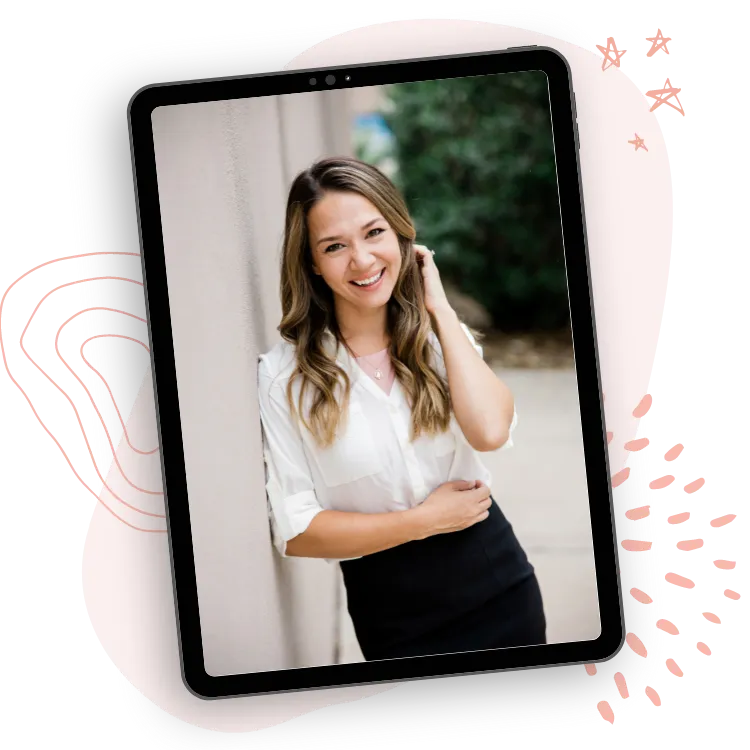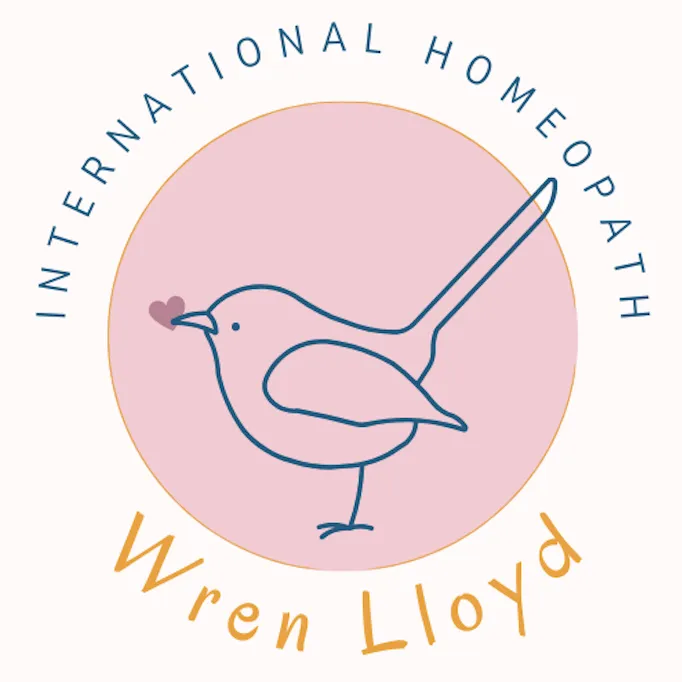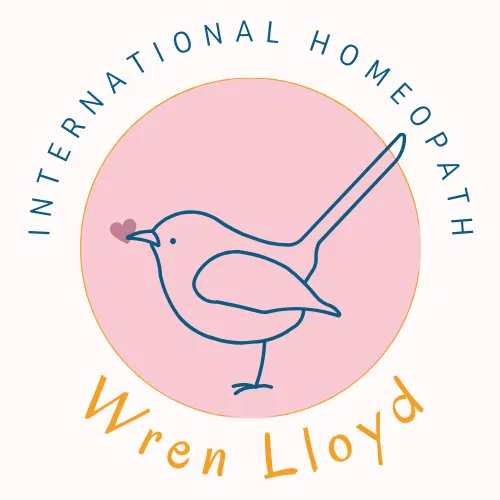BLOG
Wren Lloyd's Blog

The Drama Triangle & It's Relevance for Homeopaths & Their Clients
The Drama Triangle: What We Need To Know As Homeopaths
~ For Us and Our Clients
The Drama Triangle, developed by Dr. Stephen Karpman, offers a powerful way to understand how interpersonal dynamics can slip into unhealthy and emotionally charged patterns. As practitioners, we benefit greatly from understanding these dynamics—not only to support our clients effectively but also to monitor how we show up in our practice.
The Three Roles in the Drama Triangle
Victim: Someone who feels helpless, stuck, or powerless, often seeking validation or rescue while avoiding ownership of their situation.
Rescuer: The fixer who jumps in to save others, sometimes at their own expense. This role can reinforce the Victim’s sense of dependence and powerlessness.
Persecutor: The critic or enforcer who blames or controls others, often acting out of frustration or anger.
What makes the Drama Triangle so tricky is how quickly roles can switch. For example, we might step in as a Rescuer, only to feel unappreciated and slip into the Persecutor role—or even end up feeling like a Victim ourselves. We can be drawn-in unwittingly, considering ourselves in the 'victim' position while others have kinda labelled us 'wrong'. These rapid shifts are like quicksand, keeping everyone stuck in a cycle of blame, guilt, and disconnection.

Exiting the Drama Triangle
The Key Insight: Empowerment
The way out of the Drama Triangle begins with recognizing that all of us—practitioners and clients alike—are inherently empowered. No one is truly a Victim, Rescuer, or Persecutor. These roles are just learned patterns that we can step out of when we choose to take responsibility for our thoughts, feelings, and actions.
Core Practices for Exiting:
Unconditional Positive Regard:
By holding ourselves and our clients in deep respect and compassion, we create a safe and empowering space for healing.
Attentive Listening and Full Acknowledgment:
When we listen deeply and acknowledge emotions without judgment, we avoid falling into roles like the Rescuer or Persecutor.
Taking Responsibility for Our Own Reactions:
Noticing when we feel strong emotions—such as anger, guilt, or a desire to fix things—helps us step back and respond from a grounded, self-aware place.
Focusing on Empowerment:
Rather than rescuing or controlling, we can ask reflective questions to help our clients discover their own strengths and solutions.
Kindness Toward Ourselves:
When we notice our own triggers or patterns, treating ourselves with compassion is essential. This allows us to address our wounds without letting them drive our behavior.

Beyond the Consultation Room
Although we may do our best to keep these dynamics out of our consultations, the Drama Triangle can still creep into how we relate to our clients when we’re not directly with them.
Unconscious Role Assignment: After a session, or while discussing cases with colleagues, we may unknowingly cast our clients in roles—perhaps seeing them as Victims needing saving or as Persecutors frustrating us. This energy, even when unconscious, can affect our decision-making and the relationship we have with the client.
Bringing Our Whole Selves to Work: As homeopaths, business managers, and entrepreneurs, we bring so much of ourselves into our work. This includes our shadows and wounds, which can surface in subtle ways.
Clues That We’re in the Drama Triangle
Strong emotions like anger, resentment, grief, or even a desire to avoid certain clients or colleagues can indicate that we’re slipping into one of the roles. These moments offer valuable clues, showing us where we might be operating from an egoic agenda rather than a grounded, neutral place.
Healing Ourselves to Better Serve Others
When we notice these patterns in ourselves, the most important step is to respond with kindness. Instead of judging or suppressing these parts of ourselves, we can:
Acknowledge and Accept: Recognize the emotions or triggers and offer them compassion. These are often wounds seeking healing, not flaws to be eliminated.
Self-Reflect: Explore what these feelings are telling us about our needs, boundaries, or unresolved pain.
Seek Support: Talking things through with a mentor, supervisor, or trusted colleague can provide clarity and perspective.
Recommit to Neutrality: By addressing our own wounds, we can approach our work with greater clarity, ensuring our personal challenges don’t interfere with our relationships or decisions.
This process isn’t always easy, but when we can meet ourselves with compassion, we grow in self-awareness and resilience. Ultimately, this helps us stay present and impartial in our work, creating a stronger foundation for both our clients and ourselves.
Staying Out of the Drama Triangle
As practitioners, staying neutral and grounded is central to our role. The Drama Triangle tempts us with its familiar patterns, but by practicing unconditional positive regard, deep listening, and emotional self-awareness, we can avoid its pull, and also lead by example.
Together, let’s stay committed to creating a healing space where both we and our clients are empowered, respected, and seen for the whole, capable individuals we are. By doing so, we not only support our clients’ growth but also nurture our own personal and professional evolution.


FREE DOWNLOAD
Detox Your Home ... Take The Challenge Now
Sign up for free for this 7 day challenge which will help you stay on task and know what to do to make your house safer for your family's health.


